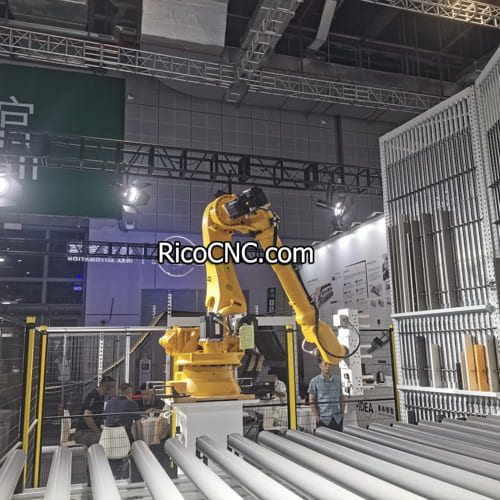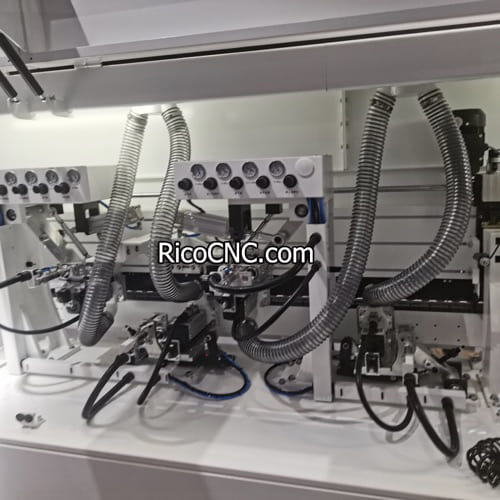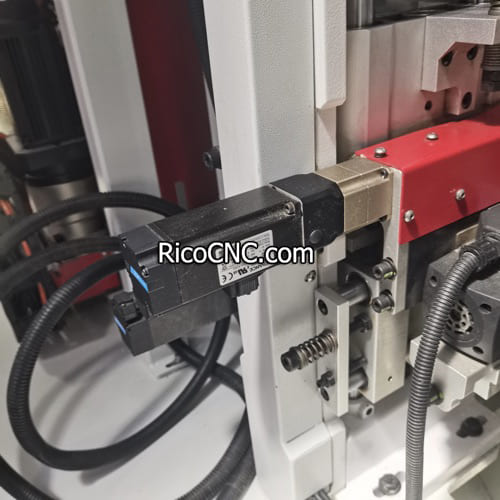
Why Use Solenoid Valve?
Solenoid valves are indispensable in many fluid control systems, playing crucial roles in both industrial and domestic applications. From regulating water flow in household appliances to managing the circulation of fluids in complex manufacturing units, solenoid valves are everywhere. But why are these valves so widely used? This guide will explore the core reasons behind the extensive use of solenoid valves across various sectors. By the end, you will understand why a solenoid valve is often the preferred choice for controlling fluid and gas flow.
What is a Solenoid Valve?
A solenoid valve is an electromechanically operated valve that controls the flow of fluids or gases. It consists of a solenoid coil that, when energized, creates a magnetic field, which moves a plunger to open or close the valve. This operation is simple yet efficient, providing precise control over fluid flow.
Key Components of a Solenoid Valve
Valve Body: The main casing that holds all other components together, often made of stainless steel or brass.
Coil: An electrical coil that, when powered, generates a magnetic field to move the plunger.
Plunger: A metallic rod that moves up or down to control the opening and closing of the valve.
Spring: Returns the plunger to its resting position when the valve is de-energized.
These components together create a responsive mechanism that efficiently manages fluid and gas flow, making solenoid valves versatile and reliable for various applications.
For instance, a popular choice in industrial automation is the 2241.52.00.39.02 Pneumax Pneumatic Solenoid Valve, known for its durability.
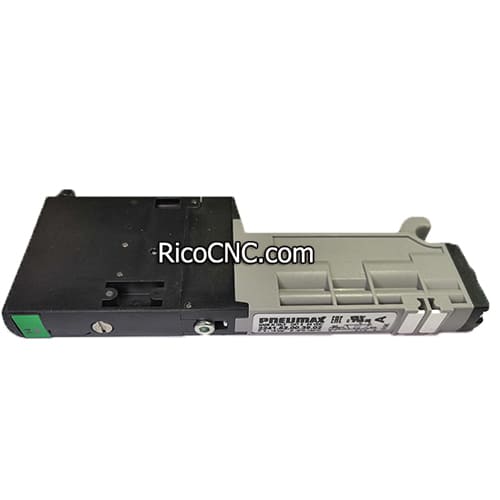
How Does a Solenoid Valve Work?
Solenoid valves work by converting electrical energy into mechanical movement. When electric current passes through the solenoid coil, it generates a magnetic field that pulls or pushes the plunger, thereby opening or closing the valve. When the current stops, the spring pushes the plunger back to its original position, closing the valve if it is normally closed (NC) or opening it if it is normally open (NO).
Types of Solenoid Valves
Direct Acting Solenoid Valve: The solenoid coil directly actuates the plunger, ideal for low-pressure systems.
Pilot Operated Solenoid Valve: Uses a smaller pilot valve to actuate a larger diaphragm, suitable for high-pressure applications.
Two-Way, Three-Way, and Four-Way Valves: These valves vary based on the number of flow paths or ports.
Key Advantages of Using Solenoid Valves
1. Precision and Control
Solenoid valves offer precise control over the flow of fluids and gases. By adjusting the electrical current, users can accurately manage when and how much fluid is flowing. This precise control makes solenoid valves perfect for automation systems that require high accuracy, such as chemical dosing and fuel regulation.
On/Off and Proportional Control: Solenoid valves can serve as an on/off switch or can provide more nuanced proportional control of flow.
2. Fast Response Time
Solenoid valves are known for their rapid response times. They can open or close in milliseconds, which is crucial in automated processes where timing is everything. This quick response capability makes solenoid valves perfect for industries such as automotive and pharmaceuticals, where precise timing is key to achieving the desired outcomes.
For quick-response applications, consider the SV610 SYM Solenoid Valve, designed for rapid and reliable switching.
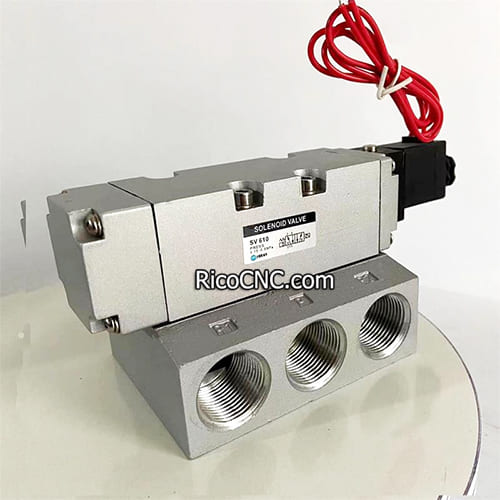
3. Reliability and Low Maintenance
The durability of solenoid valves is another compelling reason why they are extensively used. They are made from robust materials such as stainless steel, which resists corrosion and wear, making them ideal for demanding environments. Solenoid valves are also less prone to mechanical failure due to having fewer moving parts compared to other types of valves.
4. Energy Efficiency
Solenoid valves are designed to be energy-efficient. While they do require electrical power to operate, they consume very little power in the holding position. Some valves are designed to use a pulse to activate, thereby significantly reducing energy consumption, which makes them perfect for battery-powered systems.
5. Compact Design
Solenoid valves are generally compact, which allows them to be used in applications where space is at a premium. Their small size does not compromise their effectiveness, making them ideal for medical devices and other compact machinery.
Applications of Solenoid Valves in Industry
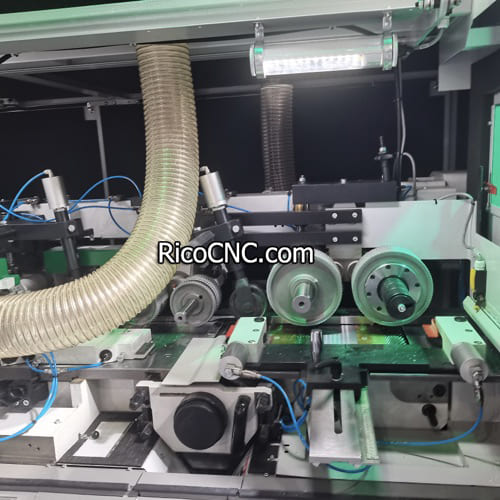
Solenoid valves have numerous applications across industries due to their versatility and reliability.
1. Industrial Automation
In industrial automation, solenoid valves control air, water, or oil in various machines and production lines. These valves are essential in pneumatic and hydraulic systems, where they help automate the movements of machinery, thus optimizing productivity.
For a high-performance option in this sector, consider the R911312640 MSK030C-0900-NN-M1-UP1-NSNN Servomotor.
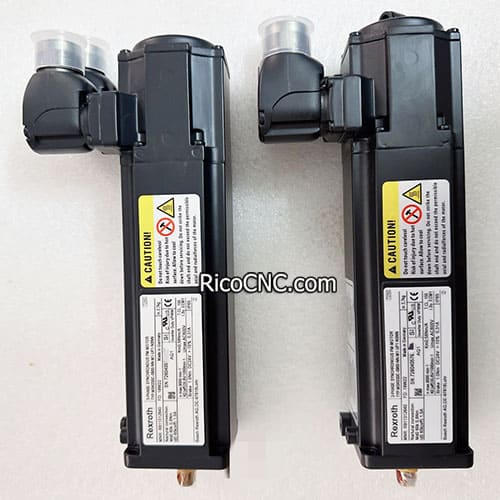
2. Automotive Industry
Solenoid valves are pivotal in the automotive industry, where they control various aspects such as fuel injection, gear shifting, and coolant flow. The rapid and precise control offered by solenoid valves helps achieve optimal performance and fuel efficiency.
Fuel Injection: Solenoid valves regulate the amount of fuel that enters the engine, ensuring efficient combustion.
3. Medical Devices
In the medical field, solenoid valves control the flow of gases and fluids in devices like ventilators and infusion pumps. Their reliability and quick response are crucial for maintaining patient safety.
Internal Links for More Information
To learn more about solenoid valves and their industrial applications, you may want to explore the following links:
Discover more about servo drives and automation in fluid control systems.
View our extensive range of Aventics Solenoid Valve Pneumatic Pilot Valves, perfect for various fluid control needs.
Learn about our versatile MSMD042P1U Panasonic AC Servo Motor for CNC Machines.
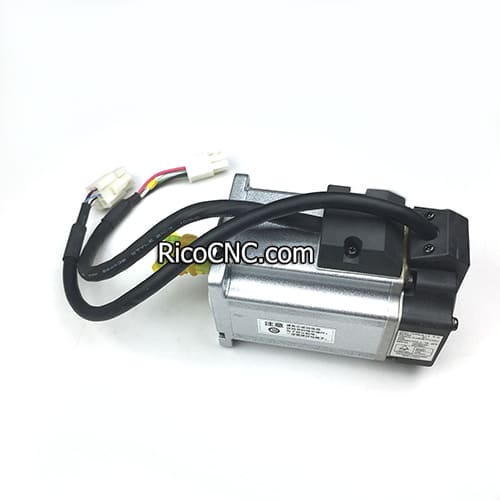
Common Issues and Troubleshooting Solenoid Valves
Despite their reliability, solenoid valves can sometimes face operational issues. Here are a few common problems and their solutions:
1. Valve Does Not Open or Close
This issue is usually caused by power failure, incorrect voltage, or blockages. Check the power supply and verify that the valve is receiving the correct voltage. Also, inspect for any visible debris that might be blocking the valve.
2. Leaking Valve
Leaks can occur due to worn-out seals or improper installation. It is important to regularly check seals and replace them if necessary. Proper installation and secure fittings will also help prevent leaks.
3. Noisy Valve Operation
A noisy solenoid valve can be a sign of incorrect voltage or loose components. Ensure that the power supply matches the required specifications and tighten any loose connections.
Frequently Asked Questions About Solenoid Valves
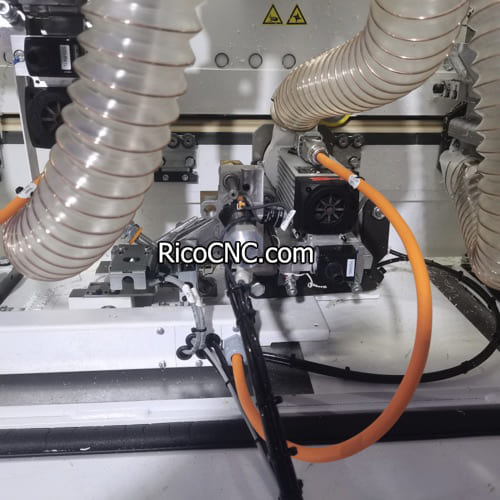
1. Why are solenoid valves commonly used in automation?
Solenoid valves are preferred in automation due to their precise control, fast response time, and ease of integration into automated systems.
2. Can solenoid valves handle high-pressure systems?
Yes, pilot-operated solenoid valves are designed to handle high-pressure applications by using a smaller pilot valve to actuate the main valve.
3. Are solenoid valves energy-efficient?
Yes, solenoid valves are energy-efficient, especially those designed to use a pulse rather than continuous power.
4. What maintenance is required for solenoid valves?
Regular cleaning, inspection of seals, and ensuring proper voltage supply are all crucial maintenance steps for ensuring solenoid valve performance.
5. Can solenoid valves be used with both liquids and gases?
Absolutely. Solenoid valves are versatile and can be used with both liquids and gases, making them suitable for a wide range of applications.
Conclusion
So, why use a solenoid valve? The answer lies in their reliability, precision, energy efficiency, and ease of automation. Whether you are working in a complex industrial environment or managing a simple fluid control system, solenoid valves are an excellent choice for their ability to provide fast and accurate control over fluid and gas flow. Their compact design, coupled with low energy consumption and reliability, make them indispensable in today's automated world.
If you're looking for more information or want to explore different solenoid valve options, don't hesitate to reach out to us. We offer a variety of solenoid valves that are ideal for multiple applications, ensuring that your fluid control systems run smoothly and efficiently.
